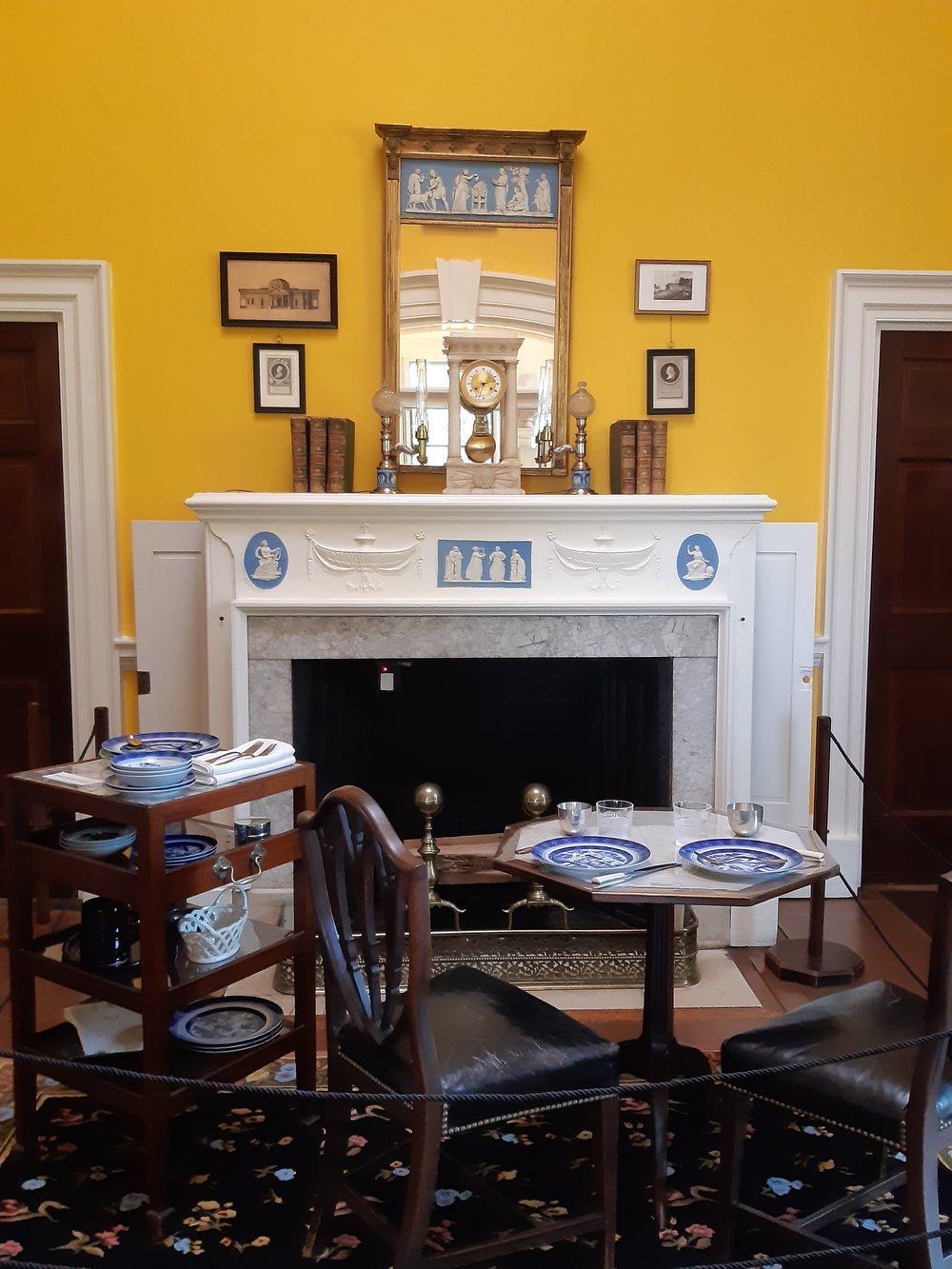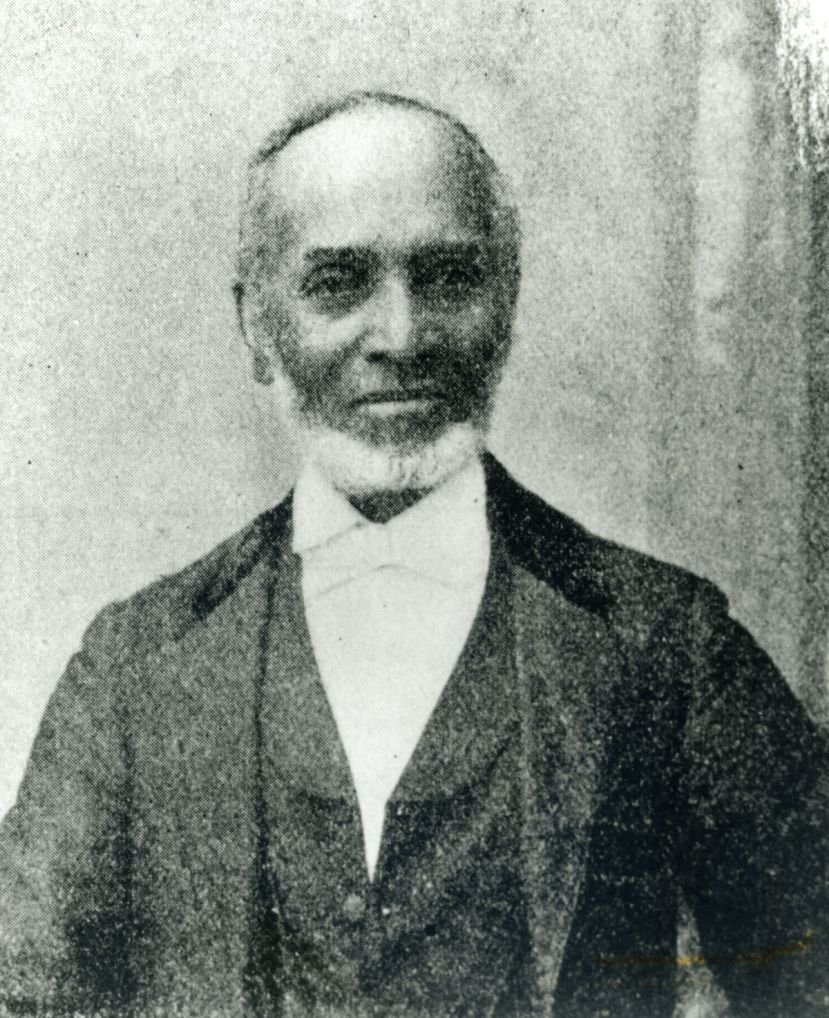Lessons on Historical Fiction from Thomas Jefferson’s Monticello
Today’s blog post comes to us from Author Accelerator certified book coach Robin Henry.
Please note that there are mentions of slavery in this post.
Robin Henry
Certified Book Coach
Last year, my daughter decided to move to Maine, so we loaded up her SUV and began a five-day road trip across the country from Central Texas to Portland, Maine.
We both love to travel, and decided to make the most of our journey. I planned the route to stop at several places of interest, mostly historic sites since that is where our interests lie. We saw Central High School in Little Rock Arkansas, took a ghost tour in Nashville, and went just a tad out of our way to visit Monticello in Charlottesville, Virginia. Since April 13 is Thomas Jefferson Day, I decided this would be a good subject for a blog post this month.
We arrived in the morning, having made our reservations the day before on the motel Wi-Fi. It was August, so the trek up the hill, and it is a big hill, was a little sweaty. On the way to the house, we saw the family graveyard, as well as the kitchen and test gardens. One of the projects that the staff at Monticello work on is continuing Jefferson’s botanical pursuits. He liked to try out different types of seeds and ran his farm almost like a laboratory. The construction of the house was also an ongoing experiment, as our guide explained. Jefferson created a seven day clock that would show what day of the week it was, used a specially designed roof for drainage, and continued construction on his house his entire lifetime. It was one of the many reasons he died in massive debt. He was a man with a questioning mind and a restless spirit. We heard so many interesting stories that day about Jefferson, his family (both of them), and the various people who had owned the house after Jefferson died and preserved it.
In the last several years, many historic sites have begun the important work of expanding the stories they tell to include previously marginalized people who lived and worked on the properties.
We heard many of these stories during our tour of Monticello, and my favorite was the story of Peter Fossett.
Peter was born at Monticello as an enslaved person; upon Jefferson’s death, he was sold at auction—separated from his family. His father, who had been freed in Jefferson’s will, eventually saved the money to purchase Peter’s freedom, along with other members of his family, but Peter’s new owner refused to sell him and the rest of the Fossett family made the difficult choice to move to Ohio in search of opportunity, leaving Peter behind. At this point, the whole tour group was hanging on the guide’s every word. Peter continued to read and to teach other enslaved people to read. After over twenty years, he was again auctioned. This time, his family were able to free him and he joined them in Cincinnati. It is a tale of persistence in the face of difficulty; a happy ending for a family reunited in love. It is a story that twenty years ago, may not have been on the tour of Monticello.
As a historical fiction and historical mystery coach, I work with clients to write the stories, real and imagined, of those whose voices have been muted.
Extraordinary people whose part in history has been left out, glossed over, willfully forgotten.
Whose story will you write?
Read more about the Fosset family here.
Robin Henry helps historical fiction and mystery writers write the novels they want to read. She will be your book mentor whether you are starting the quest, struggling up the mountain of revisions, or in the querying trenches.
Connect with Robin and learn more about her historical fiction book coaching services at her website, Instagram, or email her at readerlybooks@gmail.com. You can also get a copy of her Historical World Building Guide here.



